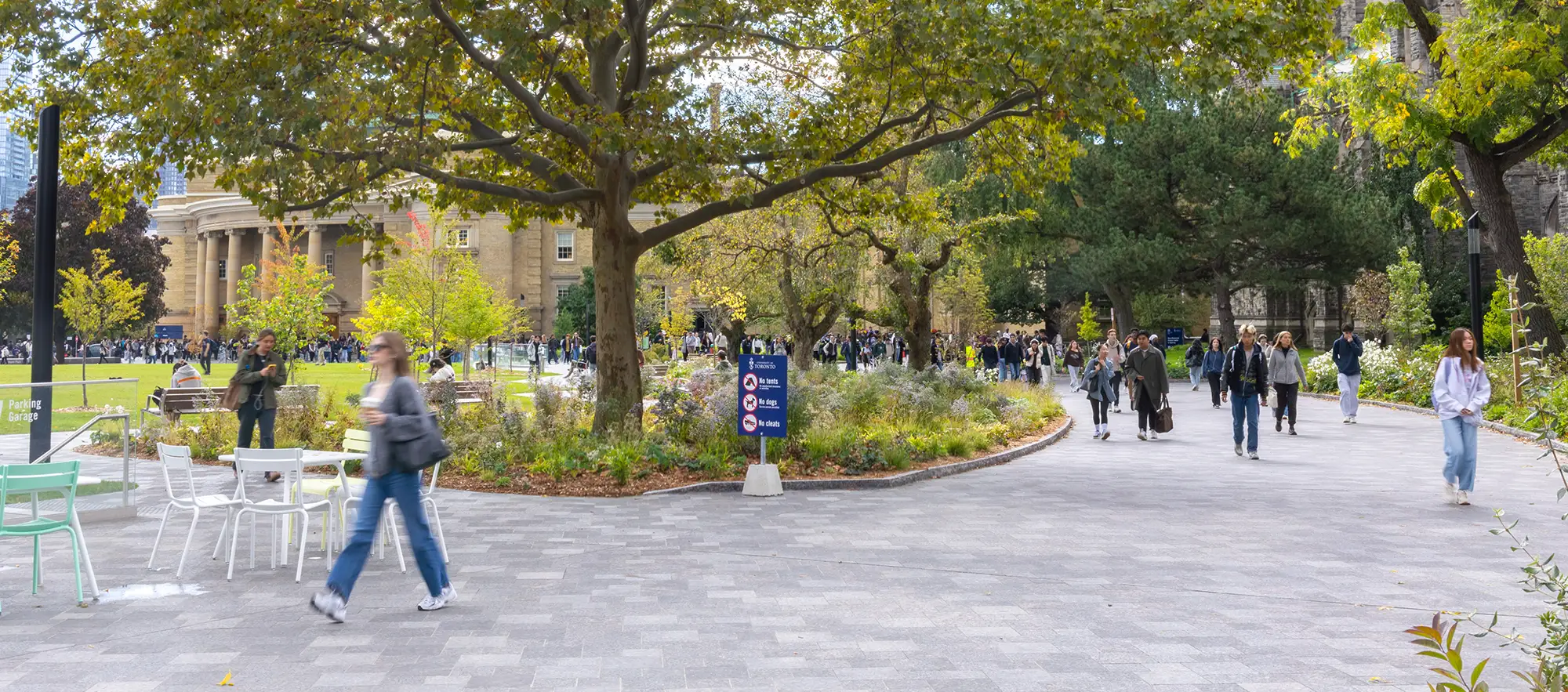The Failure: Learning in Progress (FLIP) project examines pedagogical struggle and failure using an equity-focused approach. With students-as-partners, the FLIP team has developed discipline agnostic teaching and learning resources and tools that can be used within and beyond the classroom to support students and faculty in learning through failure. These tools, inclusive of case studies, learning journals, narrative arcs, discussion prompts, course redesign templates, and policy guides, have been made available as open educational resources, and are supported by research studies on learning through failure. The FLIP project is centrally concerned with how power and privilege shape which instructors and students can afford to take risks, which are granted the space to fail without lasting consequences, and which have access to the resources and supports necessary to try again.
The FLIP project began in 2017 at the University of Toronto Mississauga as an exploration of the role of pedagogical failure as a part of learning in introductory biology courses. Science textbooks seem to be a catalogue of successes in science. Noticeably absent are the stories of learning through failure, which is core to the scientific process. This realization led to the design and implementation of FLIP pedagogical tools, case studies, and learning guides for use in science courses. It quickly became apparent that learning through failure is a process not limited to the sciences alone. Experimentation, struggle, failure, and reflection are fundamental to learning as a whole, regardless of discipline. In sum, failure is essential to learning itself.
The FLIP Project was then expanded to include a collaborative and cross-disciplinary team to explore “learning through failure” more broadly while remaining committed to an equity focused approach in the development of resources and tools for students, faculty, and administrators. We used the LEAF grant funding from the University of Toronto to fund the hiring of cross-disciplinary educational post-doctoral fellows for the planning, development, and assessment of a suite of failing-forward resources and tools.
Outcomes
The ultimate goals of the FLIP project were to develop inclusive and impactful teaching tools, case studies, active learning exercises, discussion prompts, reflective frameworks, syllabus guides, and course design structures, along with research papers, to support both students and instructors in meaningfully learning from failure. The main outcomes for the FLIP project fall into five broad categories: baseline pedagogical assessment and scholarly research, resource development, pedagogical assessment and scholarly outputs, dissemination, and community engagement. Below are descriptions of key outcomes from each of these categories, and to learn more visit here.
- Production of FLIP journals to guide student learning. An expert in journal design was hired to design a failure-oriented intervention for BIO152. The failure learning journals were tested in BIO152 in the fall of 2020. Student responses were collected, and a variation of the journals was adapted for online teaching in 2021. Adaptable versions of these journals are available on our website as open educational resources.
- Development of cross-disciplinary curricular activities and modules related to FLIP. Based on the materials piloted in BIO152, a research assistant worked with the interdisciplinary team of investigators to create a set of activities appropriate for courses in the humanities, social sciences, and natural sciences. The interventionincluded a pre- and post-assessment as well as five sets of activities to be delivered during class with corresponding individual reflection activities. These activities and reflection questions were vetted by all members of the team – faculty members, postdoctoral fellows, research assistants, and undergraduate ROP students. Now that these materials have been successfully piloted (see next point), we are ready to turn them into open educational resources.
- Implementation of cross-disciplinary FLIP intervention in FIVE classes in Fall 2021. The curricular activities described above were piloted in five separate courses – two first-year courses (BIO152 and RLG101), one second-year course (GGR202) and two fourth-year courses (RLG401 and HIS401). Over 1,500 students engaged with these materials during the fall 2021 semester.
- Creation of a student-centred podcast. Two undergraduate research assistants wrote, recorded, edited, and released twelve episodes of a podcast called Fish Outta Water that provides advice for students starting university. UTM News covered their podcast in the article “Fish Outta Water: UTM podcast duo helps students with unofficial university survival guide.”
- Illustrating power and privilege in higher education. Using the data collected in interviews and student surveys, a postdoctoral fellow designed three figures illustrating power and privilege in higher education. The figures document key areas of power and privilege identified by faculty and students, as well as interactions between sociocultural and institutional factors in experiences of failure. Early findings were presented by the postdoctoral fellow and two ROP students at the Mt. Royal Forum for Scholarship of Teaching and Learning (November 2021). Prototype designs were sent to a professional graphic designer, who finalized the designs for publication. The designs and a written paper were published in the volume, Imagining SoTL: Selections from the Banff Symposium (April 2022).
